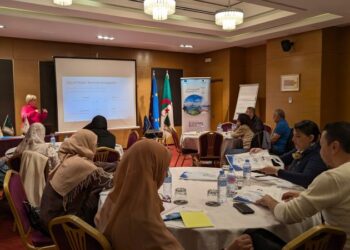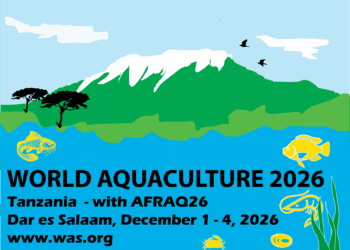Small fish, the solution that feeds the planet – At the heart of coastal and rural communities around the world lies an extraordinary resource: small fish. Often overlooked by global markets and undervalued compared to larger fish species, these little heroes of aquatic ecosystems offer an invaluable nutritional contribution.
At a time when malnutrition affects more than two billion people worldwide – causing deficiencies in micronutrients such as iron, calcium and essential vitamins – small fish prove invaluable allies. Anchovies, sardines, and herring, but also indigenous species such as the Bangladeshi mola or the Indian point, are rich in key nutrients that can radically transform the health of vulnerable communities.
A concrete impact on health
Studies conducted in low- and middle-income countries, where malnutrition is most prevalent, show extraordinary results. In Bangladesh, the introduction of native fish into the diets of pregnant women reduced the incidence of anaemia by 30%. In Cambodia, where nearly 30% of children under five suffer from stunted growth due to malnutrition, the production of fortified fish-based foods is having a positive impact. These small fish are eaten whole – with bones, organs and skin – offering a unique combination of bioavailable calcium, iron and fat-soluble vitamins such as A and D.
It’s not just about numbers: integrating these foods into daily diets means improving quality of life, promoting healthy development in children and ensuring safer pregnancies for millions of women.
Local fisheries, sustainable economy
In addition to the nutritional benefits, small-scale fishing – which includes these fish – is an important source of income for millions of fishermen around the world. In Africa, Asia and Latin America, these small fish are mainly harvested, processed and sold locally, contributing to the food security and economic sustainability of communities. Promoting their consumption not only improves public health, but also supports often fragile local economies.
However, to maximise these benefits, it is crucial to protect aquatic habitats and manage fisheries sustainably. Overfishing practices could put these precious resources at risk, reducing their availability for future generations.
A global challenge
Recognition of the value of small fish should be a priority on global political agendas. Food policies and awareness-raising programmes that encourage their consumption should be developed and integrated into strategies to combat malnutrition. In addition, international organisations can play a crucial role by supporting local fishermen, improving fish processing infrastructure and promoting fair trade.
Even in high-income countries, these fish can be a healthy and sustainable food choice, helping to reduce dependence on intensively farmed animal protein. Their low ecological footprint makes them an option perfectly in line with the principles of environmental sustainability.
A perspective for the future
The world needs innovative and practical solutions to address global health and food security challenges. Small fish, if valued, can transform the future of millions of people, providing healthier diets, protected ecosystems and more resilient communities.
Promoting the consumption of these species is not just about responding to a crisis, but embracing a new, more inclusive and planet-friendly vision of food. It is time to look at small fish with new eyes, recognising their great potential.
Small fish, the solution that feeds the planet








